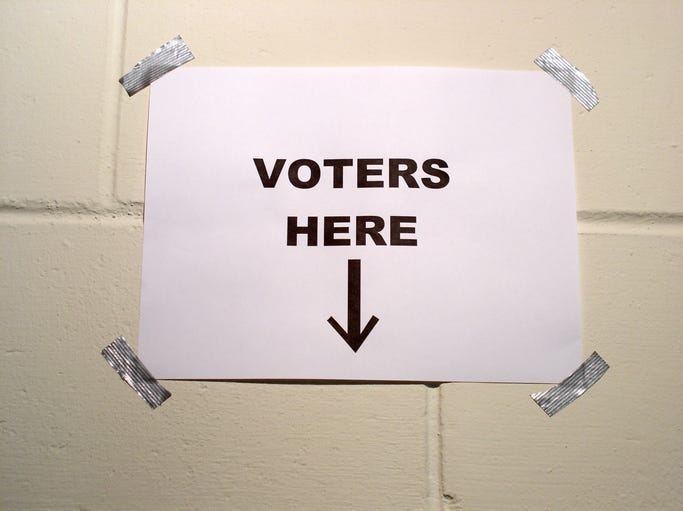
There were a few glaring issues, according to Ivan Garcia with Latino and working class social justice nonprofit Make the Road Pennsylvania. He says the biggest problem was the consolidation of 831 polling places to 190 because of coronavirus pandemic restrictions.
"Some poll sites had wait times of over an hour," Garcia said. "We had poll sites that had to stay open past 9 p.m. so people were able to vote."
Garcia says their work with the ACLU and other nonprofits, as well as calls to their election hotline, revealed confusion with provisional voting.
"We need to make sure poll workers are prepared to handle mail-ballot applicants who did not get their ballot sent in time," he said.
They found a number of people, who did not receive their mail-in ballots in time, had trouble voting in person.
"What we heard was there were a lot of voters that were actually getting turned away and not even being allowed to vote provisionally," he said.
Another major problem was unclear deadlines for mail-in voting.
"We need to have real ballot tracking software that allows voters to know where and when their ballot is coming, and when it is safely received and counted by the county," he said.
Garcia says they're hopefull lawmakers will address these issues.
He says in some counties, mail-in applications were sent to all registered voters, which helped increase voter turnout and kept polling places from getting overcrowded.
Now they are pushing to have mail-in ballot applications sent to all voters in the state, and more easily accessible polling locations for people with disabilities. Garcia says these things will help increase civic engagement.
"We could have seen a big increase that could have helped mitigate the lines, especially in Philadelphia," he said.
Garcia says their next step is getting this information to the hands of lawmakers in order to make changes in time for November
